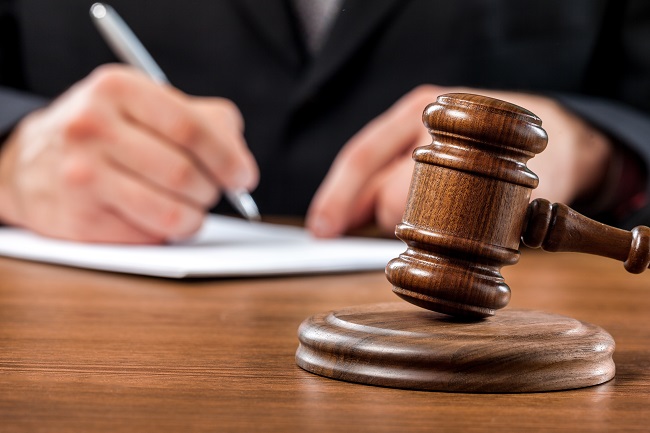A lawsuit of any size can negatively affect a defendant who finds themselves ordered by a court to pay a debt to a creditor or plaintiff.
You could be the average person who lost a small claims court case to a former friend. Another scenario could be the well-off small business owner slapped with a seven-figure judgement for being found negligent at the close of a civil trial. However, depending on one’s financial circumstances, the courts may or may not be able to collect the money awarded to a plaintiff by a judge or jury.

The underlying factor affecting these different kinds of legal situations is dependent on how judgement proof a defendant is after they have been found by a court to owe specific debts. Those with limited resources and incomes usually do not have to undergo a substantive judgement proofing process.
For an example, creditors cannot garnish the wages of those who are receiving disability benefits or social security payments for private debts, such as medical bills or overdue credit card balances. Nonetheless, no one of any income status is immune to legal action stemming from government debts, such as those owed to the IRS.
Individuals with considerably more than financial meager means undergo a more baroque process of judgement proofing. What these people know is that when their liquid assets are moved to a monetary haven that is not penetrable by any court in the U.S., those cash reserves and securities cannot be seized or frozen in the event of any adverse legal action.
The term “offshoring” often receives a bad rap but it is completely legal. It is one of the bread and butter judgement proofing mechanisms used by those with more to lose than the average person. This process involves forming a trust, starting an LLC, appointing a fund manager, and moving those funds between different trustees, who are actually company owners.
Law firms, such as the Pro Advocate Group can help those possessing limited knowledge about business and tax law with the judgment proofing process. Whether you are a prominent physician with a robust private practice or a retired groundskeeper living solely on a monthly social security check, contact us for more info on how to stay judgement proof.
